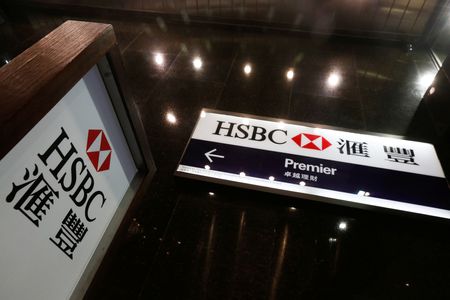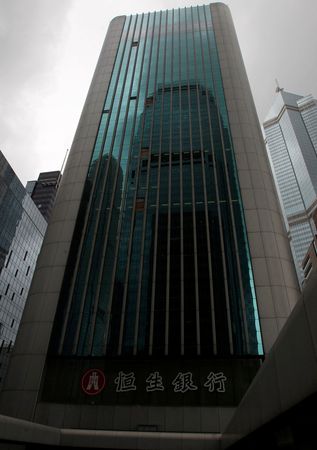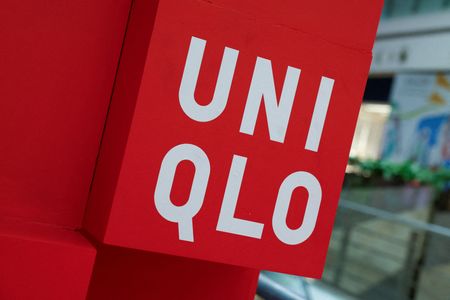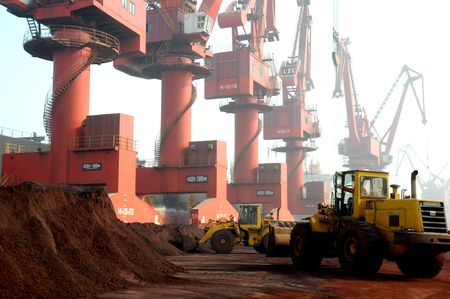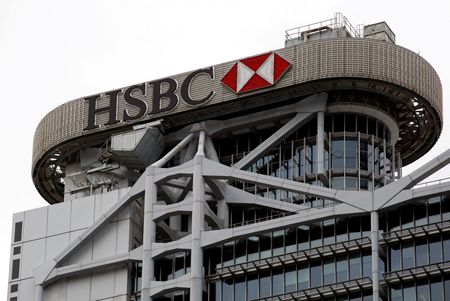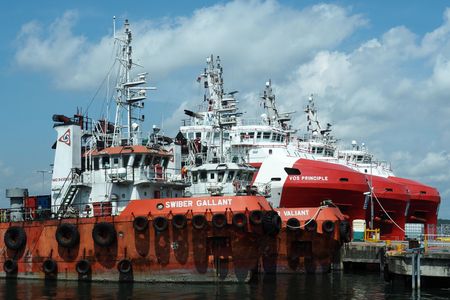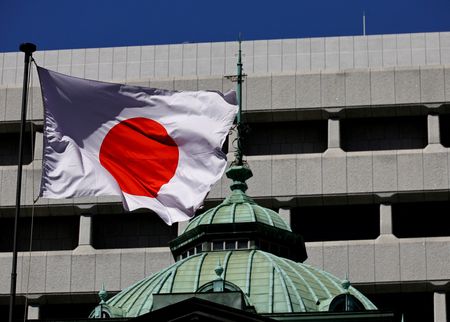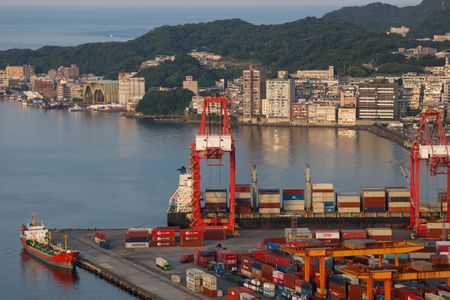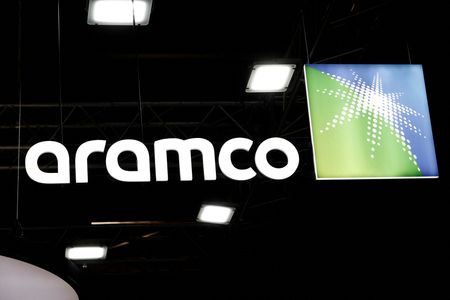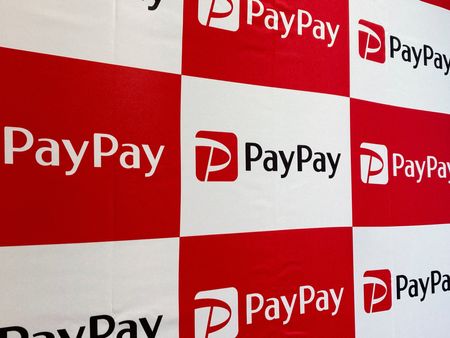SINGAPORE (Reuters) -HSBC on Thursday proposed to take Hong Kong-listed Hang Seng Bank private for HK$155 per share, valuing the lender at about HK$290 billion ($37 billion).
HSBC, which already owns roughly 63% of Hang Seng, said it will keep the Hang Seng brand and branch network if the deal goes through.
WHAT IS HANG SENG BANK?
Founded in 1933, Hang Seng is one of Hong Kong’s largest banks and a principal member of the HSBC Group. It serves about 4 million customers through digital platforms and more than 250 branches across the city, according to its website.
It focuses on wealth and personal banking, commercial banking, and global banking and markets. It also runs Hang Seng Bank (China) Ltd, with branches in major mainland cities, and maintains a presence in Macau and Singapore, its website showed.
HOW BIG IS IT?
Hang Seng Bank is a major player in Hong Kong’s banking sector, with total assets of HK$1.8 trillion as of end-2024. The bank reported net profit of HK$18.4 billion for 2024, delivering a return on equity of 11.3%.
Its capital position remains strong, with a Common Equity Tier 1 (CET1) ratio of 17.7%, according to its annual results statement published on February.
WHAT’S HAPPENING NOW?
HSBC’s offer represents a 30-33% premium to Hang Seng’s recent average share price, valuing the 36.5% stake at about HK$106.1 billion. The proposal includes a dividend adjustment mechanism and a “no increase” statement, meaning the price will not be raised.
The deal requires shareholder approval and Hong Kong court sanction, according to HSBC’s filing on Thursday.
WHY DOES IT MATTER?
HSBC says the move underscores its commitment to Hong Kong, its biggest profit centre, amid global restructuring. It also signals confidence in Hong Kong’s long-term prospects despite property market stress and economic headwinds, according to HSBC announcement on Thursday.
PROPERTY TROUBLES
Hang Seng has been hit by a prolonged property downturn in Hong Kong and mainland China. Impaired loans reached 6.7% of its gross loans as of June 2025, up sharply from 2.8% at the end of 2023. The increase has been mainly due to commercial real estate exposure, according to a speech by its executive director and CEO Diana Cesar in July.
The bank increased provisions and disclosed increased Stage 2 and Stage 3 exposures in its real estate portfolio, reflecting stress in the sector, its banking disclosure statement in March showed.
HSBC’s Thursday media statement focused on strategic rationale and brand preservation, without detailing property risk.
(Reporting by Yantoultra Ngui; Editing by Scott Murdoch and Kim Coghill)

